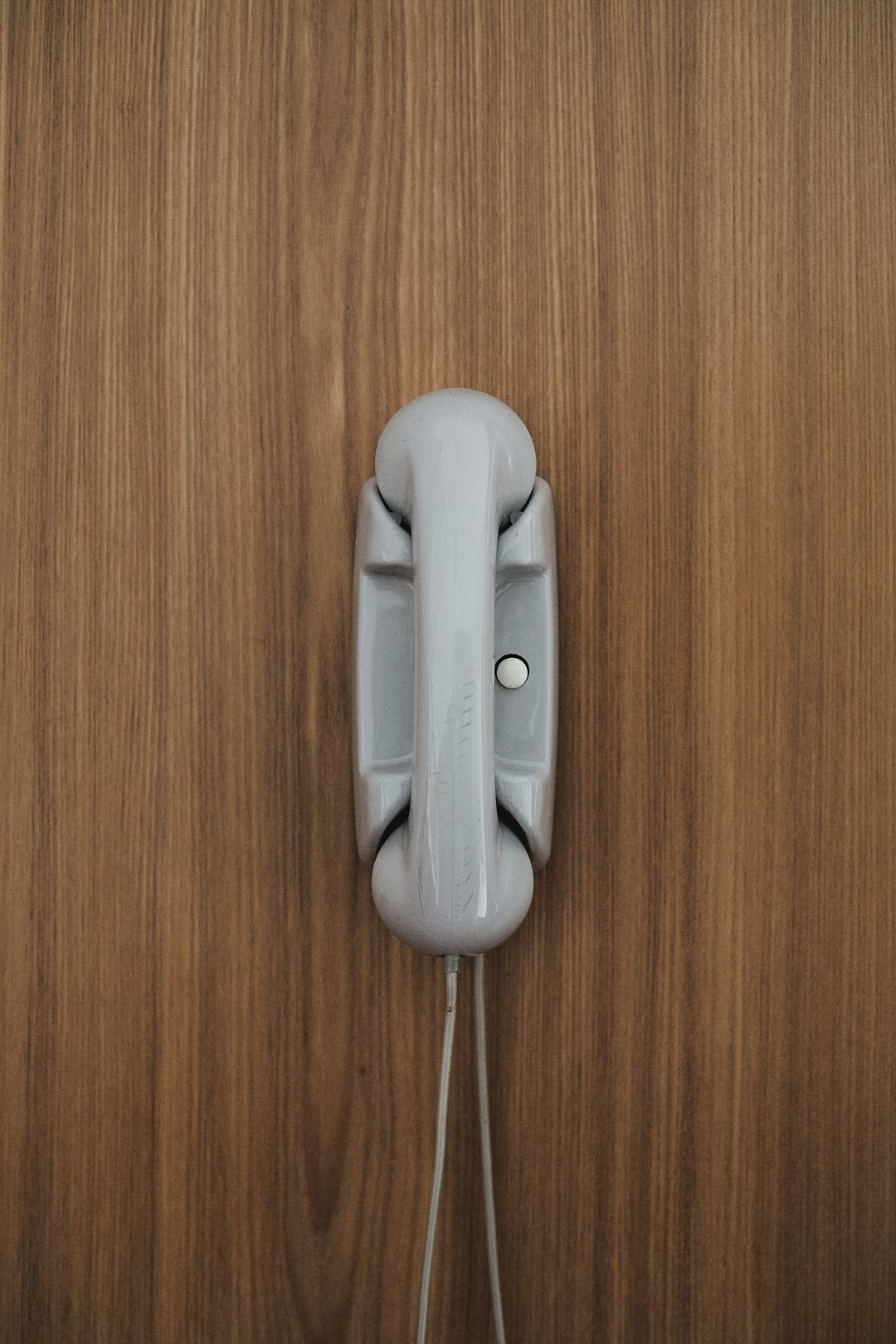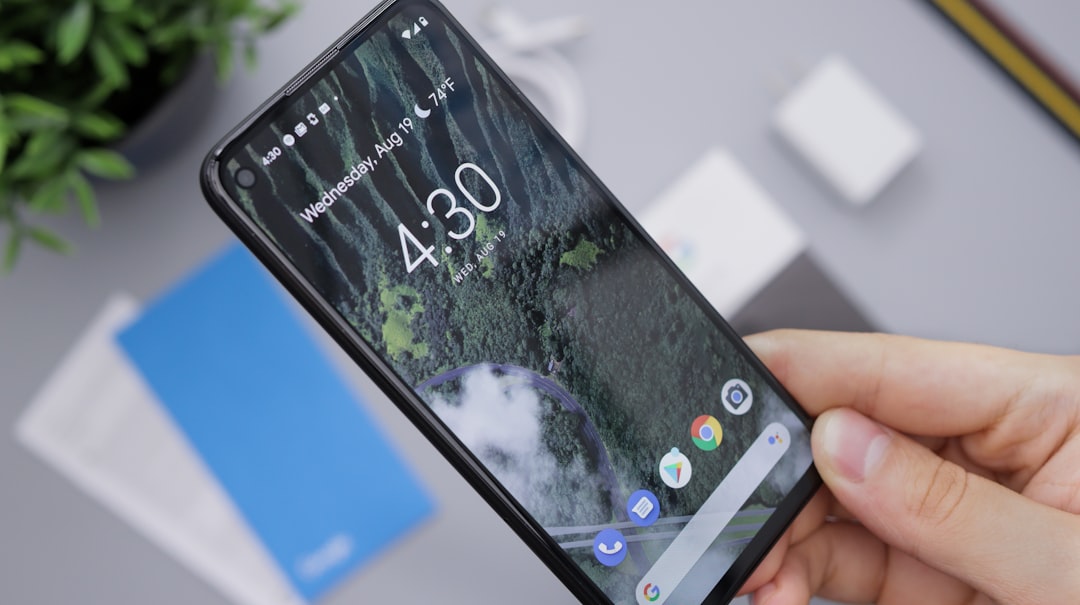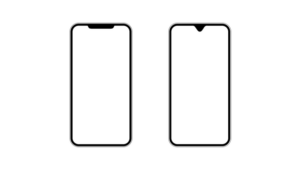Utah's healthcare sector grapples with robocall attorneys disrupting patient care and operations. To counter this, medical institutions employ call management solutions, staff training, and legal measures to reduce unwanted messages. Robocalls pose privacy risks, prompting healthcare providers to implement security measures like encryption and multi-factor authentication, guided by robocall attorneys Utah. A multi-pronged approach involving technology, education, and security enhances deterrence against robocalls and protects sensitive health data.
In the digital age, robocalls have become a ubiquitous yet contentious feature of communication. This is especially true in Utah, where healthcare providers are increasingly burdened by automated phone calls promoting services or products. This article delves into the impact of robocalls on Utah’s healthcare sector, exploring legal implications for robocall attorneys, patient privacy concerns, and effective strategies to mitigate nuisance calls. Understanding these dynamics is crucial for both healthcare providers and robocall attorneys navigating this complex landscape in Utah.
Robocalls in Healthcare: Utah's Perspective

In the realm of healthcare, Utah’s providers have been navigating a modern-day challenge: robocalls. These automated phone calls, often from robocall attorneys Utah, have become an increasingly prevalent nuisance, impacting patient care and operational efficiency. While some may view them as a mere annoyance, the effects of these automated messages extend further, creating a complex web of challenges for healthcare professionals across the state.
The rise of robocalls in healthcare has sparked concern among providers who are burdened by the need to manage these calls effectively. With robocall attorneys Utah targeting patients and staff, it becomes imperative for healthcare institutions to implement strategies to mitigate their impact. This includes adopting advanced call management systems, educating staff on handling such calls, and potentially exploring legal avenues to curb excessive or misleading robocalls, ensuring a safer and less disruptive environment for both patients and healthcare workers.
Legal Implications for Robocall Attorneys

In Utah, as in many states across the nation, robocalls have become a pervasive issue, particularly for healthcare providers who often find themselves at the receiving end of unsolicited automated calls. When these calls involve legal matters, such as patient record requests or notifications of potential legal action, they are considered robocall attorneys. While automation might seem like a cost-effective solution for law firms, it raises significant legal implications.
Robocall attorneys in Utah must adhere to strict regulations regarding telemarketing and consumer privacy, including the Telephone Consumer Protection Act (TCPA). Failure to comply can result in substantial fines and damage to the firm’s reputation. Additionally, missteps in using robocalls for legal communication may lead to litigation from aggrieved patients or businesses, emphasizing the need for clear guidelines and consent processes to avoid legal entanglements.
Patient Privacy and Protection Measures

In an era where technology advances rapidly, patient privacy and protection measures in Utah’s healthcare sector face new challenges from robocalls. While automated calling systems offer benefits for businesses, they also pose significant risks to sensitive patient data. With just a few keystrokes, malicious actors can gain access to personal health information, leading to potential identity theft or fraud. In response, Utah’s healthcare providers are increasingly turning to legal expertise focused on robocall attorneys to fortify their defenses.
These robocall attorneys in Utah specialize in navigating the complex landscape of patient privacy laws, such as the Health Insurance Portability and Accountability Act (HIPAA). They assist healthcare organizations in implementing robust security measures to safeguard patient data, including encrypting communications, employing multi-factor authentication, and providing comprehensive training for staff. By proactively addressing these issues, healthcare providers can ensure that their interactions with patients remain secure and confidential, fostering trust in an increasingly digital healthcare environment.
Strategies to Mitigate Nuisance Calls

Many healthcare providers in Utah have been affected by robocalls, which can disrupt operations and frustrate patients. To mitigate nuisance calls, providers can implement several strategies. One effective method is to utilize call blocking and filtering technologies that are designed to recognize and block automated robocallers. These tools can significantly reduce the volume of unwanted calls received.
Additionally, healthcare organizations should educate their staff and patients about recognizing and reporting robocalls. Training employees to handle these calls professionally and providing resources for patients to contact robocall attorneys in Utah can further deter malicious callers. Encouraging manual verification of caller IDs and implementing two-factor authentication for incoming calls can also enhance security measures against automated fraud.






